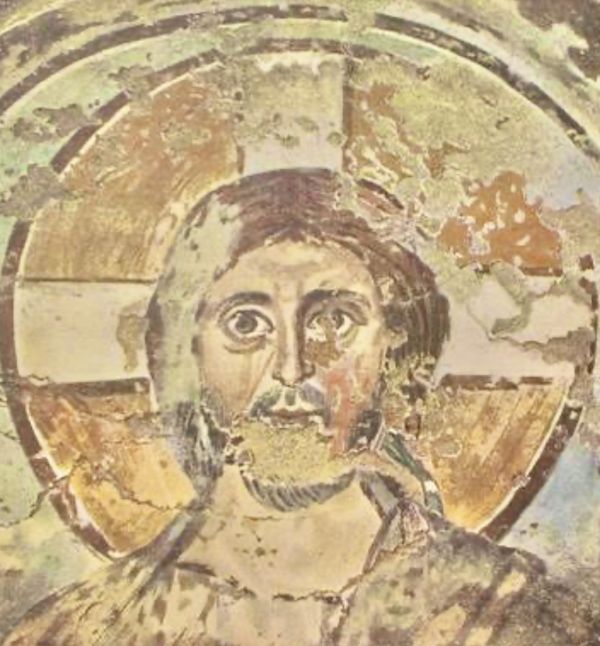Before the people who mistake him for the Baptist or Elijah or one of the prophets,
Jesus asks his own:
«But who do you say that I am?» (Lk 9:20).
And then he reminds his disciples that the Son of Man will have to suffer much.
Francis of Assisi often spoke to his brothers of the sufferings endured by Christ, of his Passion, for which he wept much.
He testified to his faith in Jesus, the Son of God, with great fervour.
Indeed, "he taught them [...] to confess frankly the truth of the faith, as the Holy Roman Church holds and teaches it.
They observed the teachings of their holy father in all things and, as soon as they saw some church from afar, or some cross, they turned towards it, prostrating themselves humbly on the ground and praying according to the form indicated to them" (FF 1069).
The Sources teach us in this regard:
"He meditated continually on the Lord's words and never lost sight of his works.
But above all, the humility of the Incarnation and the charity of the Passion were so deeply imprinted in his memory that he could hardly think of anything else' (FF 467).
And in his writings:
"To him who suffered so much for us, who has bestowed and will bestow so much good on us in the future [...] He who alone is good, alone most high, alone omnipotent, admirable [...] worthy of praise and blessed for ever and ever. Amen" (FF 202).
Again: "The compassion of the Crucified One became fixed in his holy soul and [...] the venerable stigmata of the Passion, although not yet in the flesh, became deeply impressed in his heart [...] and he can no longer hold back his tears and weeps even aloud the passion of Christ, which is always before his eyes.
He fills the streets with groans, refusing to be consoled by the memory of Christ's wounds.
He met, one day, a close friend of his, and having manifested to him the cause of his grief, immediately he too burst into bitter tears" (FF 594).
The thought that Jesus in us had yet to suffer much tormented him, making him aware of this Mystery day and night.
Friday of the 25th wk. in O.T. (Lk 9,18-22)












